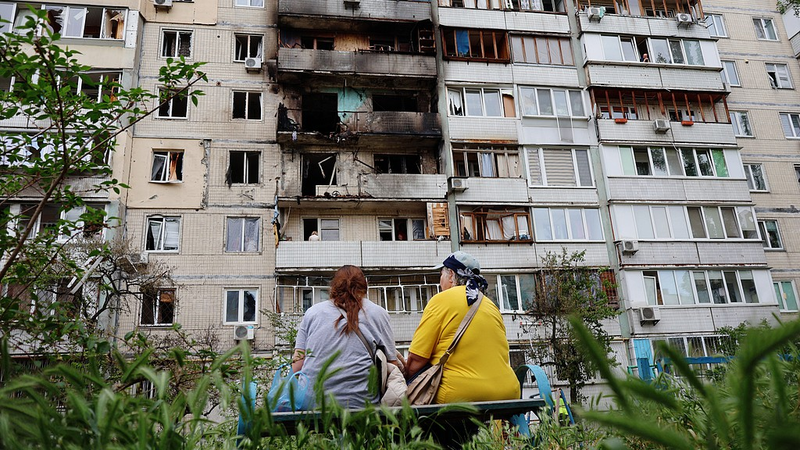Turkey’s mediation team wrapped up recent talks between Russia and Ukraine with cautious optimism, acknowledging “positive developments” even as proposals for a ceasefire fell short. Negotiations, held in an undisclosed location, saw both sides inch towards common ground on key issues, yet a binding halt to hostilities remained elusive.
According to Zhang Xin, associate professor at the School of Politics and International Relations under East China Normal University on the Chinese mainland, the continuation of fighting can paradoxically create leverage shifts that nudge parties toward compromise. “Every change on the battlefield alters the strategic calculus,” Zhang explains, noting that incremental gains or losses can tilt negotiating power, potentially incentivizing concessions.
Despite the lack of an immediate truce, analysts point to several encouraging signs: Ukraine’s leadership expressed willingness to discuss security guarantees, while Russia showed openness on economic reconstruction aid. These subtle moves hint at a roadmap for future talks, where battlefield realities and diplomatic channels converge.
For young global citizens tracking this conflict, the key takeaway is how real-world events shape diplomatic momentum. In fast-moving crises, what seems like stalemate can lay the groundwork for breakthroughs—if mediators keep channels open and both sides recognize that strategic gains on the ground don’t always translate to decisive victory.
As observers await the next round of dialogue, Turkey’s role as an impartial broker remains crucial. By balancing military developments with sustained negotiations, mediators may yet unlock a ceasefire framework that draws on shifting battlefield advantages, ending the cycle of conflict and paving the way for lasting resolution.
Reference(s):
Analyst: Continued fighting could lead to Russia-Ukraine compromise
cgtn.com




